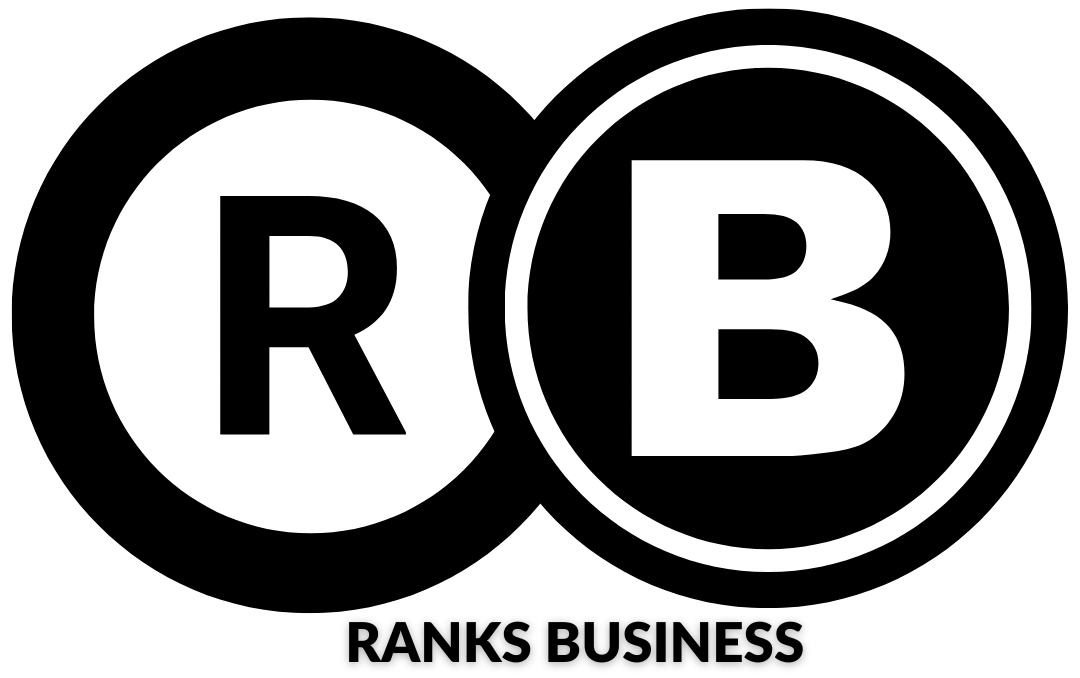The Nigerian economy will continue to slump in 2023 due to activities leading to the general elections next year, but would likely pick in 2024, with growth rising to 3.3 per cent, a Fitch Solutions Country Risk & Industry Research report has predicted.
An affiliate of Fitch Ratings, the Fitch Solutions report estimated that economic growth in Nigeria slipped to a six-quarter low of 2.3 per cent in quarter four of 2022, predicting that the country’s economic growth would ease further in 2023.
According to Fitch, growth in the agricultural and retail sectors has picked up a touch, but explained that all told, “We expect growth of just 2.7 per cent in 2022 (a slight revision from our previous forecast of 3.0 per cent and 2.5 per cent in 2023.”
There are two key reasons for this continued slowdown, it stated, pointing out that first, it expects that the oil sector, which has been a key drag on growth in recent years will continue to struggle in 2023.
“At Fitch Solutions, our oil and gas team estimate that Nigerian crude oil production will fall by 15.2 per cent in 2022 and by another 14.9 per cent in 2023,” the forecast noted.
The contraction, it said, is being driven by unplanned outages at onshore production facilities, a deteriorating security situation, and the lagged effect of years of underinvestment. “In 2024, however, we expect that production will essentially stabilise,” Fitch said.
This turnaround, it explained, would be driven by increased offshore oil production, which will help to offset problems in the onshore sector.
While output would remain far below the levels recorded before 2020, the end of this decline, the report posited, will remove a key headwind affecting headline Gross Domestic Product (GDP) growth.
“Indeed, this is the key reason why we expect that growth will pick up from 2.5 per cent in 2023 to 3.3 per cent in 2024,” it stressed.
On a second note, Fitch said it expects that disruptions associated with the February 2023 general election will create another headwind. “Campaigning will prevent some economic activity, while government policymaking will essentially shut down,” it predicted.
Drawing from data from the past, the research organisation stated that in 2015 and 2019, year-on-year growth in the quarter containing a general election was, on average, 1.1 percentage points weaker than in the preceding quarter.
While trend growth will be slower heading into the 2023 vote, Fitch noted that it still expects that growth will slow from 2.0 per cent in Q4, 2022 to 1.5 per cent in Q1, 2023.
“The hit to economic activity would, of course, be much larger if the election sparks large-scale protests or violence,” it stressed.

